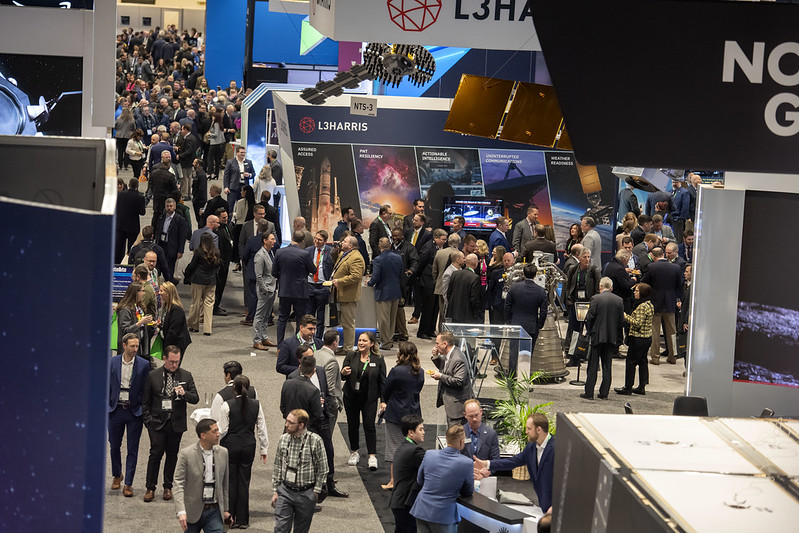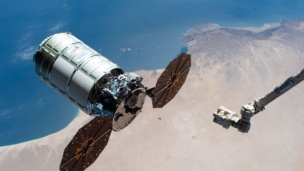With Space Symposium less than a month away, some in industry are worried about the fate of one of the space community’s top trade shows amid White House-driven travel bans.
The Trump administration’s executive order requiring agencies to justify non-essential travel in a bid to cut costs was a top conversation topic at the Satellite conference in DC this week, as industry officials wondered what it would mean for government officials (i.e., their customers).
How we got here: The order directed agency leaders and DOGE staff to develop a system to approve non-essential travel requests, and publicly post the justifications for taxpayer-funded trips. The order also froze the credit cards of federal employees.
Multiple conferences have already been affected. AFA’s Warfare Symposium last week in Denver reportedly had dozens of empty seats during typically-full keynotes from senior military leaders. And at the Satellite conference this week in DC, government booths on the exhibit floor from agencies such as the NRO and MDA were empty—despite their HQ being driving distance from the convention center.
Symposium update: The organizers of Space Symposium, however, have a message for industry: The show is very much still on.
“This year, like every other year, Symposium is going to be the premiere event in the space community,” the Space Foundation’s Thomas Dorame told Payload. “If you have the choice to attend one event, it should be this one because of the high level leaders in attendance.”
The fall out: Despite the order, Dorame said senior leaders from the usual suspects, including the Space Force and NASA, will attend the conference. Those agencies did not respond to a request for comment on who was attending the show.
The EO, however, is likely to impact how many junior employees are allowed head to Broadmoor.
“I think the population will be less, but won’t be noticeably less because you have the same high level of people,” he said.
Dorame said the reduced number of lower level federal employees is likely to mean less traffic and shorter food wait times—though the overall reduction in foot traffic could also mean fewer employees wandering the show’s signature exhibit hall, which will have a record number of companies this year in addition to a new section specifically for startups and emerging companies.




